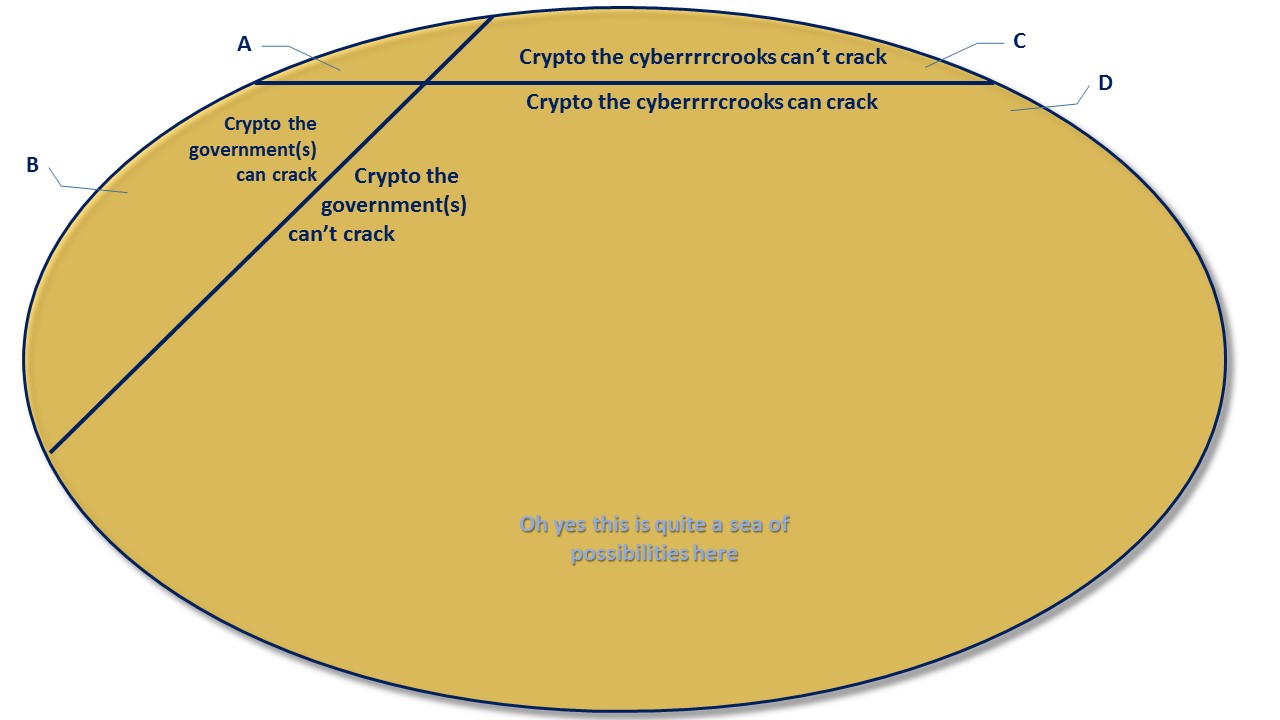All the mavericks of the world rejoice (and Maverisk among them, of course, already); finally there’s new [howzat for a typifying contradictio..?] evidence-of-sorts that the below that had popped into my mind a couple of days ago, is still, more, valid than ever. Being, related but in an angled/vector-transposed way, not about rebels but about other mischievings in general business management culture(s).
[Should I note that the ‘evidence’ already is worth much study and implementation? Yes I should.]
[Edited to add: Be ware of the other side, too; too many mediocre men just drift upwards by lack of weight: here.]
[Yup that’s a re-post from yesteryears, like, 12 March 2015 …]
Two points to make:
* Middle management will be.
* Secretaries should be.
The discussion regarding middle managers being superfluous or not had a slight uptick the past couple of months. With the latter voice having been a bit too quiet. Yes, middle management is under threat. It has always been; only the (history-)ignorant will have missed that. And Yes, all the Disruption things and similar empty barrel half-baked air by a lot of folks who have hands-on experience in the slim to none bin with (real) management altogether let alone this kind, have predicted over and over again that the disruption by Server-with-algorithm-app-that-schedules-day-laborers will make middle management redundant, as the believed task was only that.
Quod non. And as if just an algorithm will capture the full complexity (and incoherence, inconsistency, internally and externally contradictory ..!) of the requirements and work of the middle manager.
OK, we’re not discussing the drone administrative clerk that has Manager on his card (huh?) and sits in an office passing top-down orders and bottom-up reports back and forth. We’re talking the real, 24/7 problem firefighter here. The coordinator of chaos. The translator of lofty (other would say, ‘airhead’) ‘governance’ (quod non) mumbo jumbo into actual work structure and tasks, and translatereporting back. That survives and in doing so, shows great performance. The other ones, will be weeded out anyway, every time there’s an economic cycle downturn. [If the right ones would be kept, and the wrong ones ‘given growth opportunities elsewhere’. Seldomly the case; offing is by the fte numbers, and the wrong ones have being glued to their seats as their core competence, through sucking up or otherwise.]
So, the middle manager stays for a long time to come as (s)he does the kind of non-predictable work that will remain longest. If start-ups don’t have them, see them grow: They will.
Secretaries deserve a come-back. In similar vein as above, the vast majority of managers office clerks (from the shop floor (even if of knowledge workers…) all the way to near the top) these days have to do their own typing, scheduling, and setting up socializing things. Whereas before, economies of scale were many, and there were additional benefits because the good (sic, again) secretaries would e.g., know the best, unrenown restaurants all around and could get you a table even when they would be fully booked, and they would manage (massage away) some internal friction as well, often very discreetly and efficiently. Now, vastly more expensive (by hourly rate, productivity (think switching costs in the managers minds …, and utilisation), cost of ineffectiveness (sic again) and opportunity costs re their actual objectives (if these would be achieved; good/bad manager discussion again)) managers must manage their way around. An impoverished world it is indeed.
To bring back some joy:
 [Some colour, but it’s down there… Zuid-As]
[Some colour, but it’s down there… Zuid-As]
 [Lawyers lurking next door…; Zuid-As Ams]
[Lawyers lurking next door…; Zuid-As Ams]














